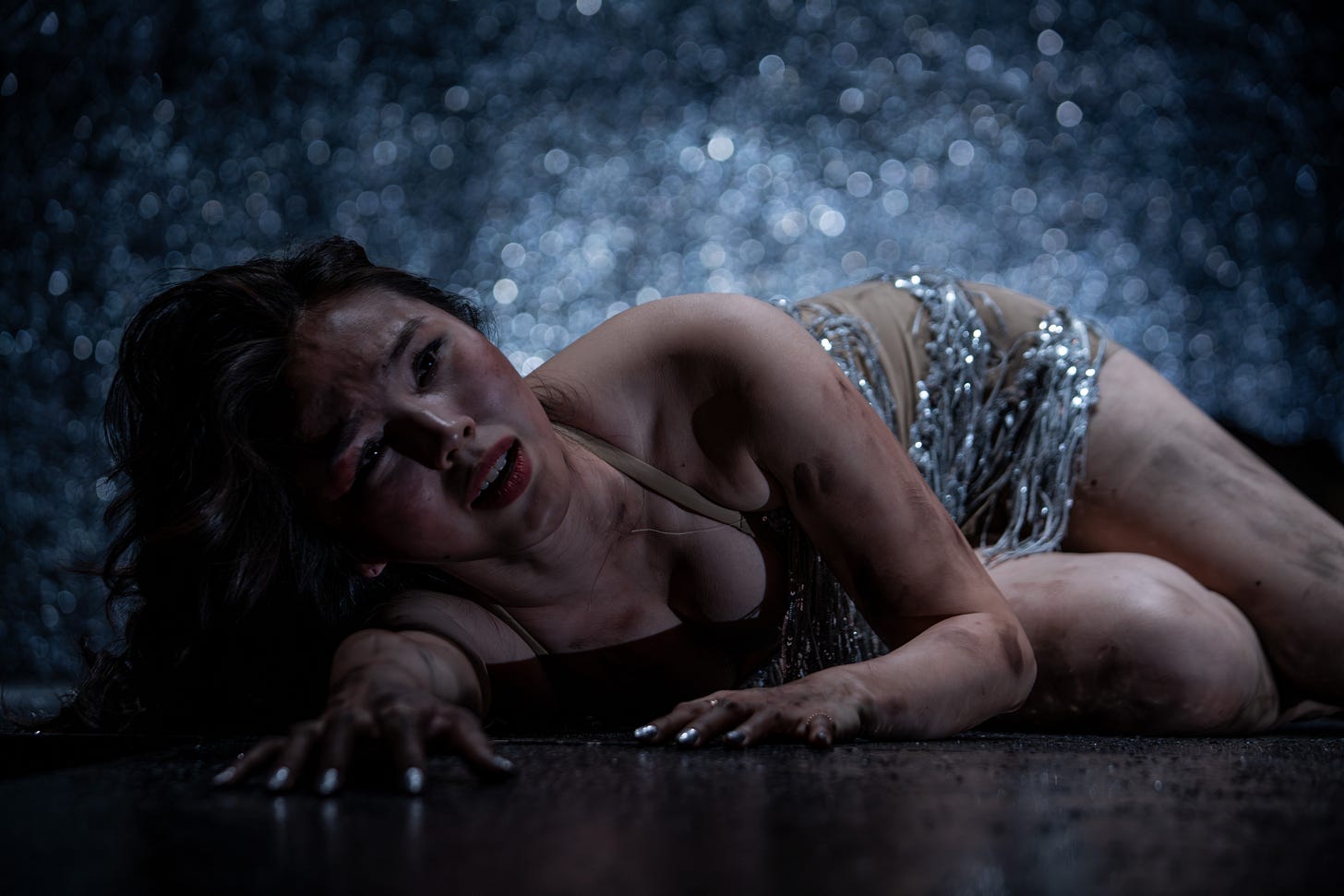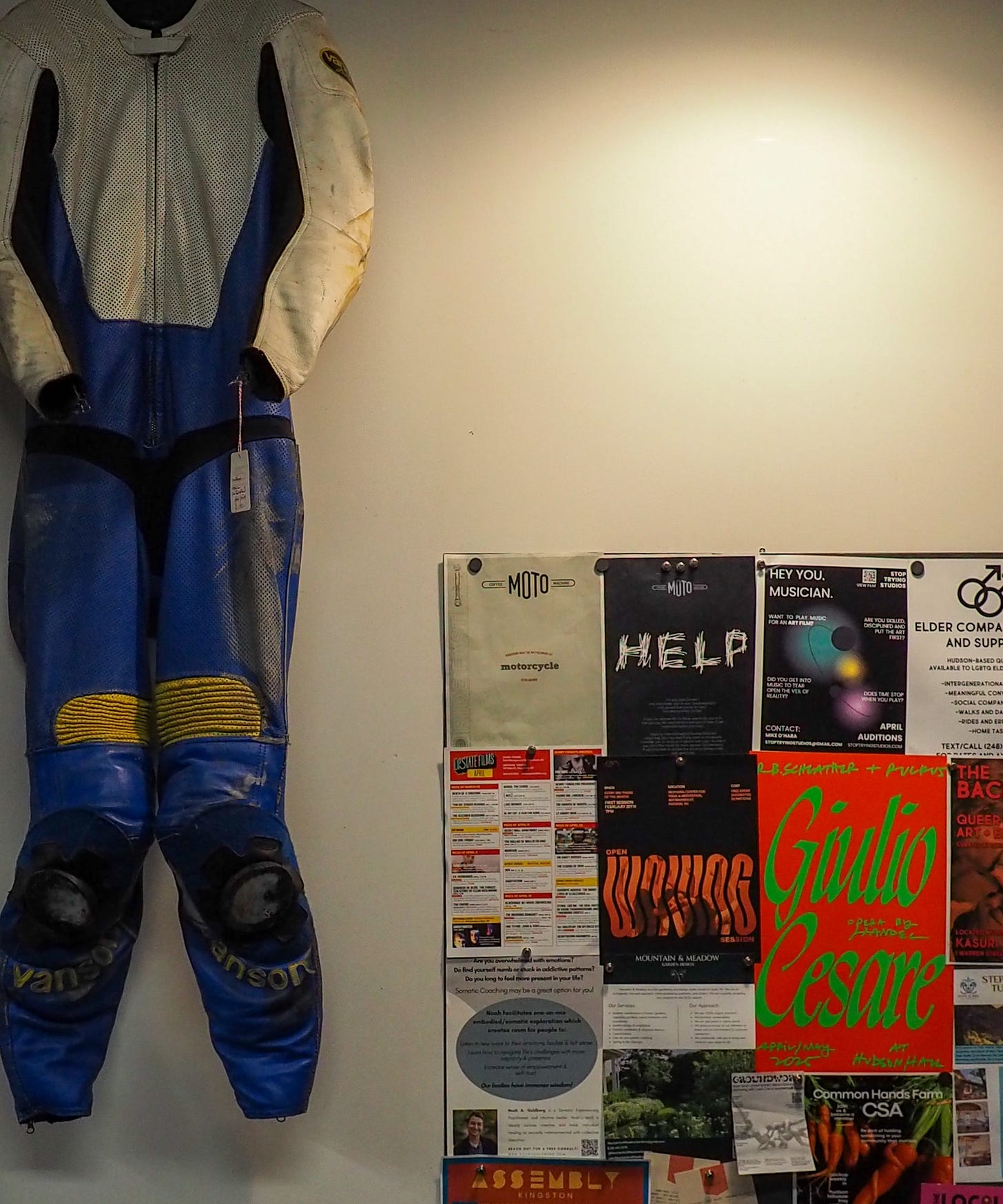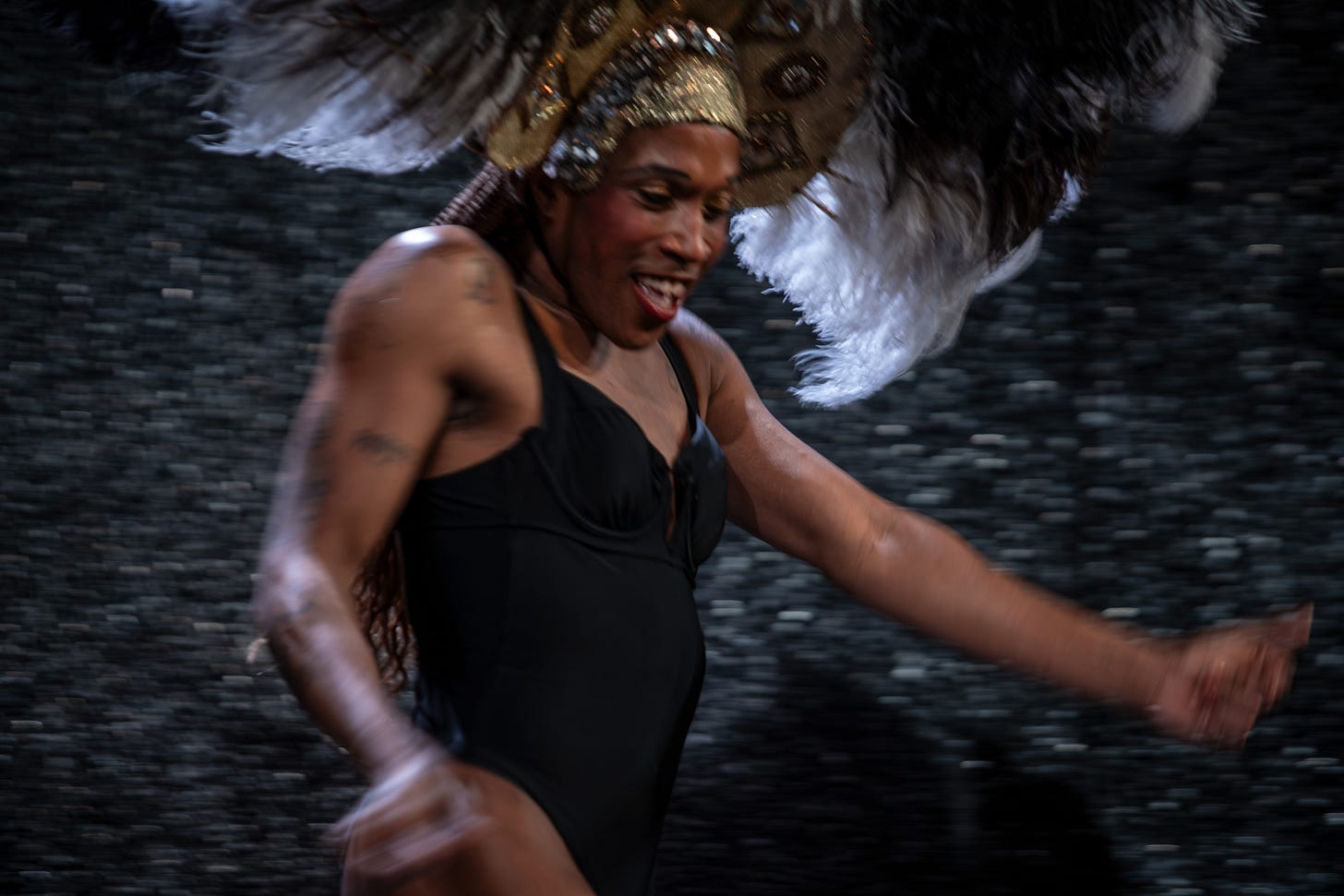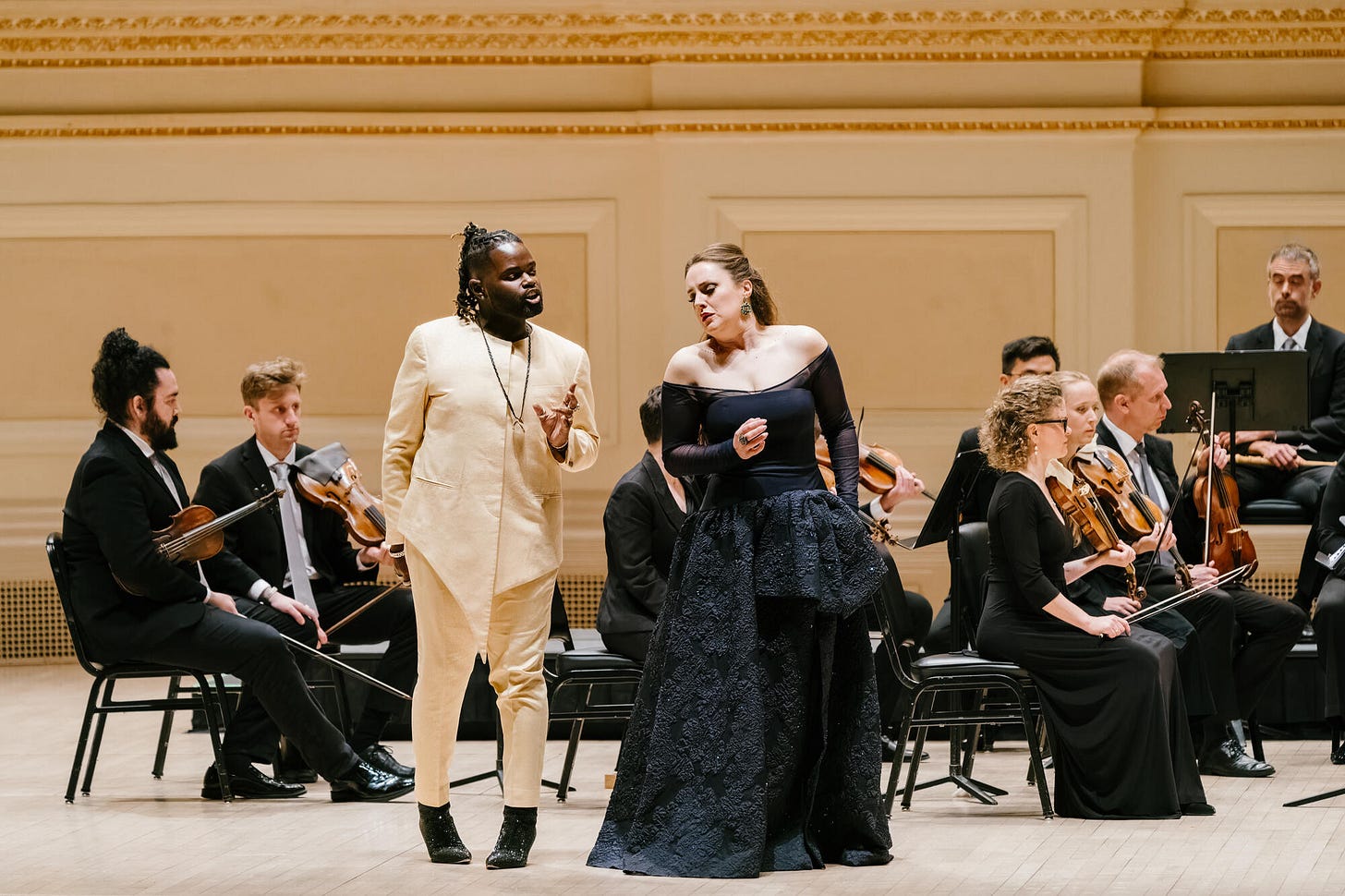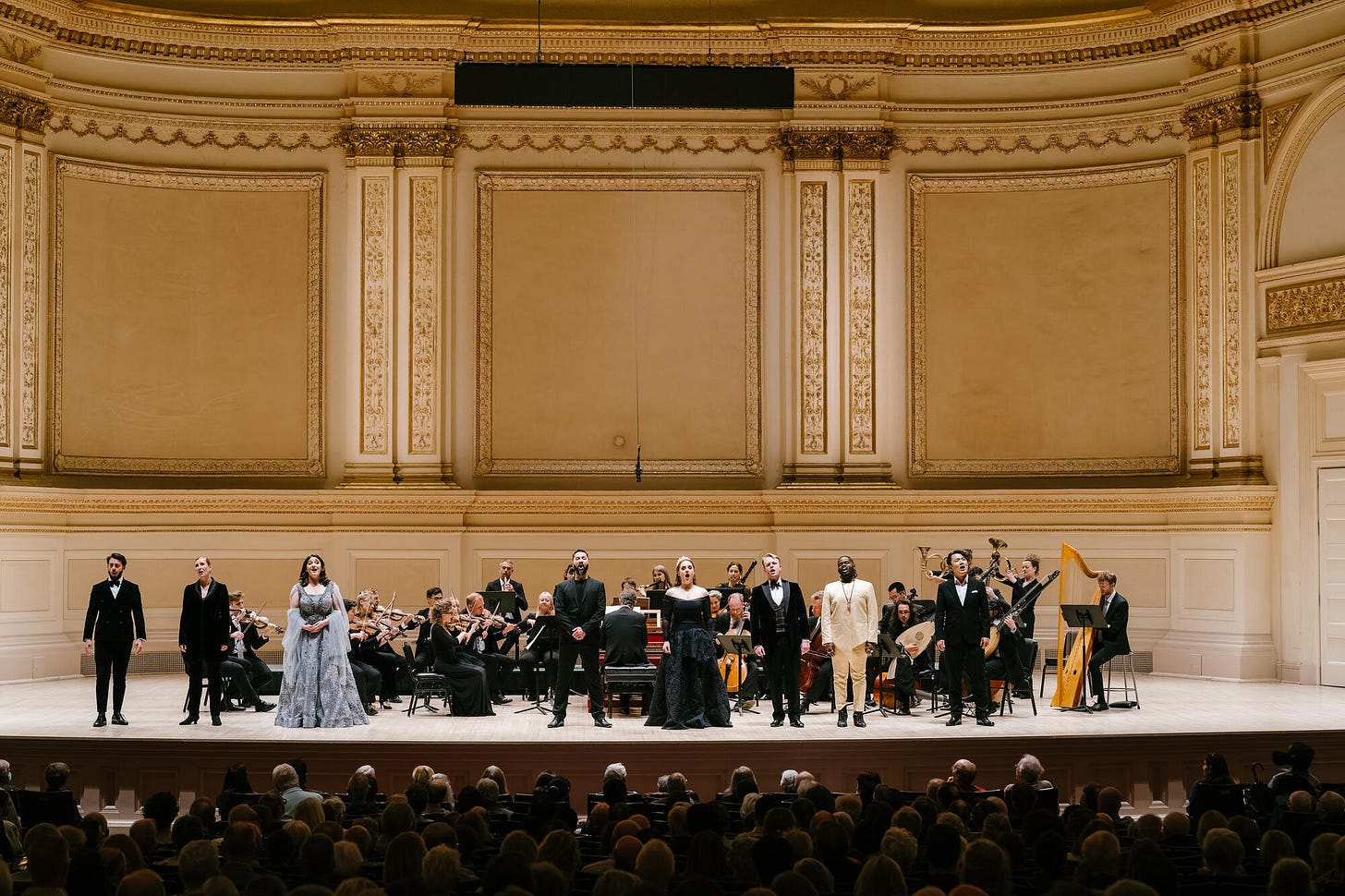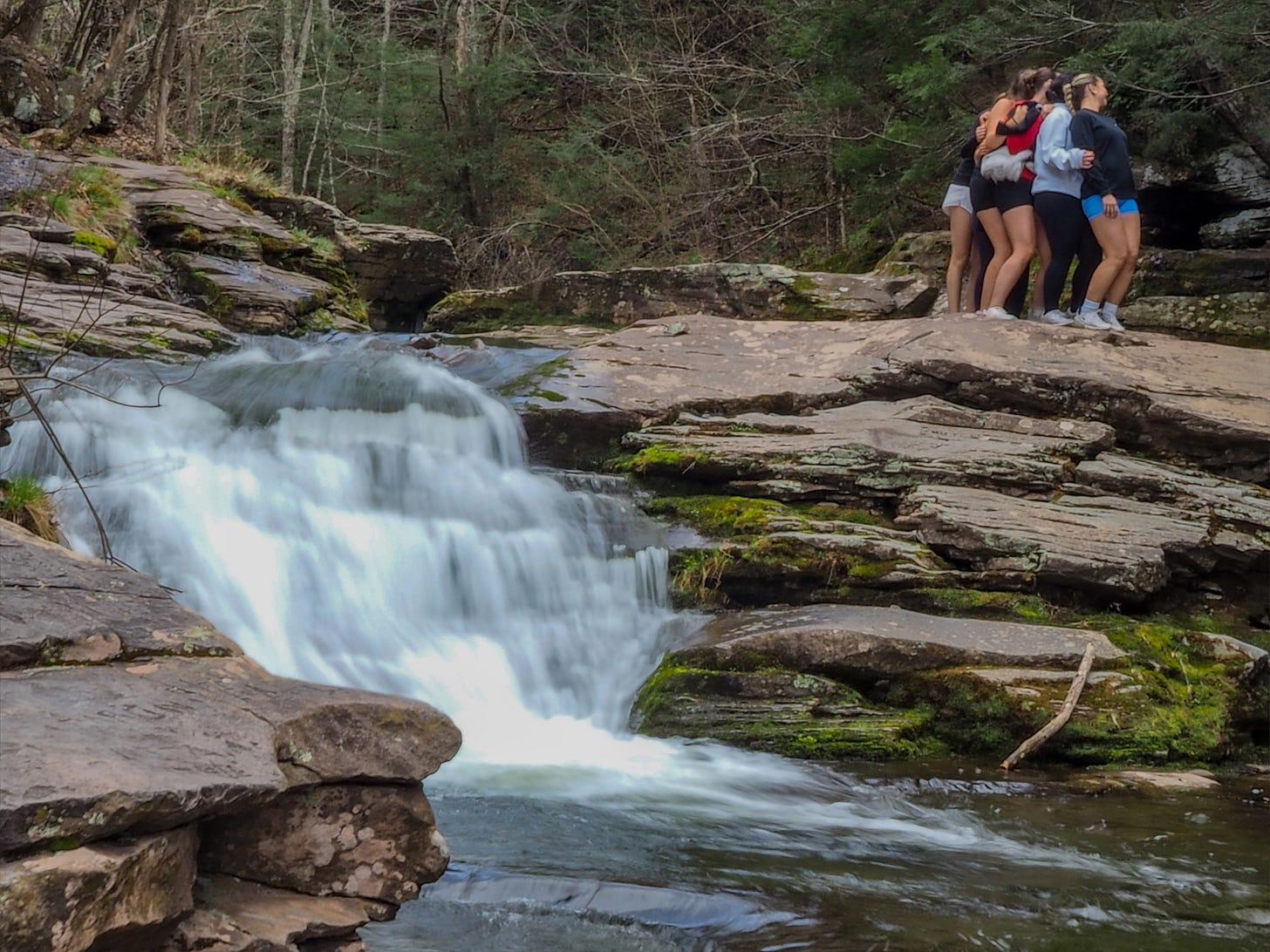How Do You Like Your Handel: Raw and Earthy or Immaculately Tailored?
Hudson Hall and the English Concert Offer Contrasting Takes on Giulio Cesare
Handel’s Giulio Cesare in Egitto (Julius Caesar in Egypt) is one of my favorite operas, so I was lucky to see two wildly different performances on consecutive weekends: a fresh, gritty take in upstate N.Y. on April 26th and a gorgeously sung, semi-staged performance at Carnegie Hall on Sunday.
This is the second Handel opera the director R.B. Schlather has staged in the small town of Hudson since its historic theater reopened in 2017. It’s a farm to table affair: unlike typical productions featuring casts flown in from afar, Schlather’s musicians and crews are often local residents. I saw posters for the opera all over Hudson, whose gentrified shopping area features locavore restaurants and upscale boutiques.
In the program notes, Schlather refers to the tragic-comic opera as “Handel’s pulp fiction blockbuster” and writes about his own directorial ethos: Back in Handel’s day, performers rocked contemporary fashion, played against minimal backdrops, and lit up the stage with raw charisma. People came for the thrill—the singers, the spectacle, the physicality, and the sheer energy of the music.
The opera’s plot is inspired by the events of the Roman Civil War (49–45 BC) and the romance between Julius Caesar and Cleopatra, but the first cast member to appear in this staging was definitely not in the original libretto. The performer Davon, appearing “as herself,” wore heels, a leotard and huge feather headdress as she wrote the word ‘Egypt’ on the black wall of the empty stage during the overture. She strutted down the catwalk that extended into the auditorium and on which some of the ensuing action took place.
The few props included the severed head of the Roman general Pompeo, tossed casually onto the floor in a plastic bag. Overall, the female singers were heads and shoulders above the male singers. As Cornelia – the grieving widow of Pompeo, who has been murdered by Tolomeo, Cleopatra’s sinister brother – the mezzo Meridian Prall offered a deeply expressive performance. She sang with an alluring timbre that blended beautifully with the clear soprano of Raha Mirzadegan in the mother-son duet “Son nato a lagrimar” (“I was born to weep”).
A standout as a convincingly boyish Sesto, Mirzadegan exuded youthful rage as she vowed to avenge her father’s death. The soprano Song Hee Lee, currently pursuing a masters degree at Juilliard, sang with panache as Cleopatra, her compelling rendition of “Piangerò la sorte mia" (“I will lament my fate”) intense in its intimate grief.
The men were all charismatic actors, but not as vocally impressive as the women. As Caesar, the countertenor Randall Scotting didn’t quite conquer his coloratura in “Empio, dirò, tu sei” (“You are cruelty itself”) – an apt aria for America’s current regime, alas. The countertenor Chuanyuan Liu, clad in red suit, shades and gold rings, offered comic relief as Tolomeo. As Achilla, leader of the Egyptian army, Douglas Ray Williams swaggered in a 70s-style suit and hat.
The spirited playing of Ruckus, a rock band-like baroque ensemble, was occasionally a little too rough-hewed and marred by some messy horn playing. But it didn’t really matter: the ensemble’s vigor matched the energy of the cast and overall, this staging proved a visceral experience. The audience loved it.
It’s not only the parade of gorgeous arias and orchestral music, but the ingenious blend of pathos and bathos that makes Giulio Cesare so remarkable.
And wow, did those arias and orchestral music sound divine one week later on a drizzly Sunday afternoon at Carnegie Hall, where I heard the English Concert give a magnificent semi-staged performance memorable for its couture coloratura and immaculate ensemble playing. The Hudson Handel was trimmed to three hours with one intermission; the performance at Carnegie – led by Harry Bicket at the harpsichord – lasted four hours with two short intermissions.
The English Concert, founded in 1973, is a renowned baroque orchestra and this was exceptionally sophisticated music making. Bicket elicited a glistening palette of colors and phrasing from the ensemble.
The countertenor Christophe Dumaux was a fiery Cesare, a virtuoso singer with admirable control and dynamic nuance. The duet with horn player Ursula Paludan Monberg was impeccable, as was his witty interplay with concertmaster Nadja Zwiener. Louise Alder dazzled as Cleopatra, her rich soprano and range of vocal and theatrical expression vividly illuminating the Queen’s emotions, from flirtatious to despairing. Her arias were imaginatively ornamented.
Wearing an elegant gray dress, the mezzo Beth Taylor offered a dignified and moving portrayal of Cornelia. Paula Murrihy sang beautifully as Sesto, although she sounded politely vengeful in her rage aria and in Act II the words “an angered snake never rests” lacked venomous bite. In sparkly ankle boots, the countertenor John Holiday sang vividly as Tolomeo. The excellent cast also included Meili Li as Nireno and Thomas Chenhall as Curio.
In a locavore theatrical touch, Achilla (Morgan Pearse) carried Pompeo’s head in a Macy’s shopping bag.
Cleopatra is really having a moment locally this spring: I’ll hear John Adams’s Antony and Cleopatra at the Metropolitan Opera later this month.
I can’t wait for the English Concert to return to Carnegie Hall for their annual Handel extravaganza next year. And in 18 months, I’ll head back upstate for R.B. Schlather’s production of Handel’s Deidamia, a work I’m not familiar with.
I’ll conclude this post with a brief non-musical digression. In Hudson, my husband and I stayed at The Wick, a 19th-century candle factory turned hotel. Speaking of, there are always a lot of lavishly priced candles for sale in gentrified upstate towns. (Surely, 150 years after he invented the lightbulb, Thomas Edison would be surprised how much people spend on an old fashioned wick?)
We explored the beautiful grounds and Persian-inspired mansion in Olana, home to the 19th century landscape painter Frederic Edwin Church. And we ate and ate (and ate). We enjoyed a pre-opera meal across the street from Hudson Hall at The Maker Restaurant, which included a luscious eggplant concoction resplendent in a ricotta sauce. We probably didn’t need both the panna cotta and ice-cream for dessert. But a lively baroque opera is just the ticket to rouse you from a Romanesque food coma.
Vivien’s Substack – soon to be renamed something less lame – covers music, language, culture and travel. All photos are mine unless otherwise credited.




